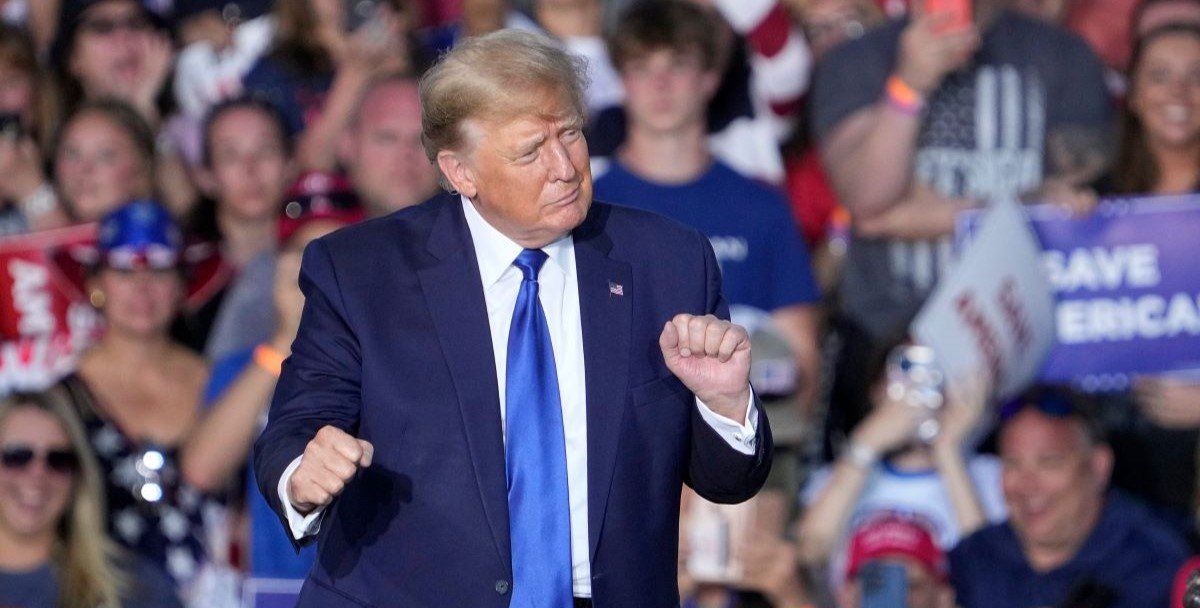43: According to a New York Times/Siena College poll released on Friday, 43% of Americans have a favorable view of Trump — down from 48% before the election. Compared to other presidents at the 100-day mark, Trump is performing worse than any in the past 80 years. How would voters describe his first 100 days in a word? Sixty-six percent said “chaotic,” according to the poll.
94%: President Donald Trump hasn’t deported as many people as he’d like thus far, but he has successfully discouraged many potential immigrants from attempting to cross via Mexico – and to an extraordinary degree. US border patrol saw 22,726 people try to cross the southern border in February and March, down 94% from the same period last year, when Joe Biden was at the helm. On Monday, Trump announced plans to sign two executive orders that would further aid him in his immigration crackdown – one that targets sanctuary cities and the other that will empower law enforcement officials with legal protections and military equipment.
80: Trump only posted 80 times on X, formerly known as Twitter, during his second first 100 days, down from the 496 times he posted during the corresponding period of his debut term. Meanwhile, he posted 80 times on Truth Social within the last week, emphasizing how – despite Elon Musk’s purchase of X – the president’s own social media platform is now his communication medium of choice.
130: Trump is marking his 100th day with a rally in Michigan, where he is expected to tout the success of his immigration crackdown and economic policies. The president plans to outline how over 130 countries have reached out to the White House to negotiate trade agreements after he suspended his tariffs for 90 days – a key message to hammer home in the swing state where a large auto industry could either see major gains — or serious losses — depending on whether tariffs boost domestic manufacturing or trigger an economic slowdown.
10: In response to the Trump administration threatening to withhold federal funding from major universities over accusations of antisemitism on their campuses, approximately 10 schools, including some of the Ivy Leagues and other top colleges, have formed an informal group as a united front in legal negotiations. They will decide as a collective how to resist the administration’s demands that, in their view, infringe on academic independence.